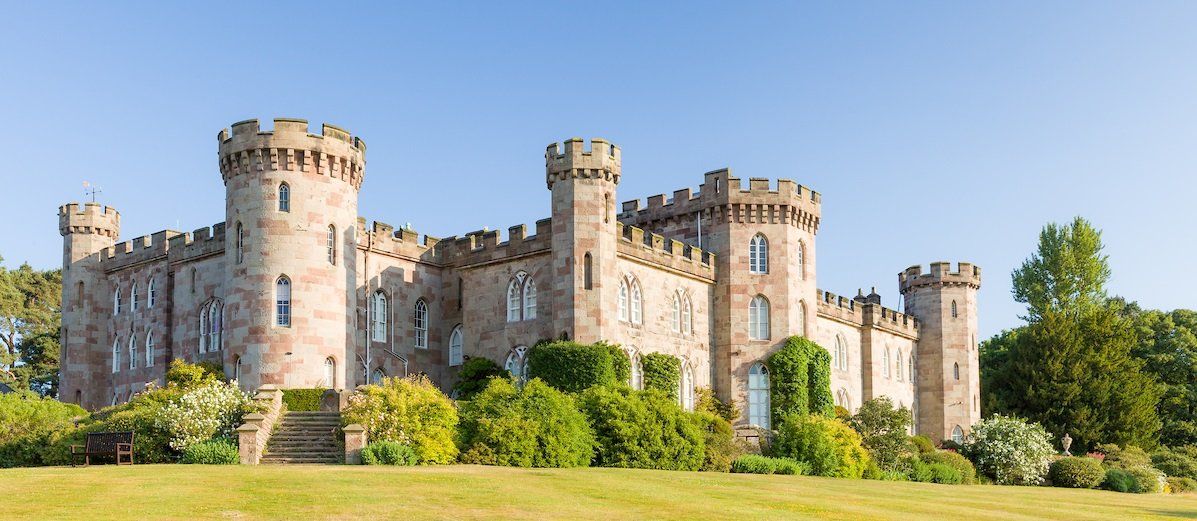THE HOME PROTECTION TRUST
Having worked hard throughout your life to buy your own home and to secure ownership of what is likely to be your most valuable asset, understandably you want to ensure that it will ultimately pass to your family and that it will be protected for their benefit.


Should you use a trust today?
Family Trusts can help you and your family avoid some of the following:
It’s best to illustrate the problem with an example:
Let’s take Mr and Mrs Smith. They are married with an adult child and are both 70 years old living in England. They own their house worth £150,000 and have savings between them which are worth £50,000.
When they wrote their Wills, they wanted to keep things simple. Their Wills say that when one of them dies, everything passes to the survivor. Then, when the survivor dies, everything passes to their only child. This is a common arrangement for married couples with children.
Now let’s fast forward 5 years. Mr Smith dies and, in accordance with his Will, his Estate passes entirely to Mrs Smith. Mrs Smith has all the assets transferred into her sole name including their family home. Mrs Smith now has assets worth £200,000 in her own right.
Now let’s fast forward another 2 years. Mrs Smith is struggling with her health and the practicalities of running her home by herself. She suffers a fall which leaves her unable to manage her affairs. Whilst her adult child offers support, he can’t look after his mother on a full time basis. Mrs Smith has to move into a residential care home.
Mrs Smith has her needs and finances assessed by the Local Authority. Because Mrs Smith has more than £23,250 she has to pay for her own care home fees. The cost of the care home is £30,000 a year. Mrs Smith stays in the care home for 5 years until she dies, so the total cost amounts to £150,000.
Because of the cost of the care home, the value of Mrs Smith’s Estate reduces from £200,000 to £50,000 and her son receives an inheritance of £50,000.
For some couples this scenario is fine, but for many couples it won’t be. There is a desire among many people to try and protect as much of their wealth as possible from being used for care home fees.

